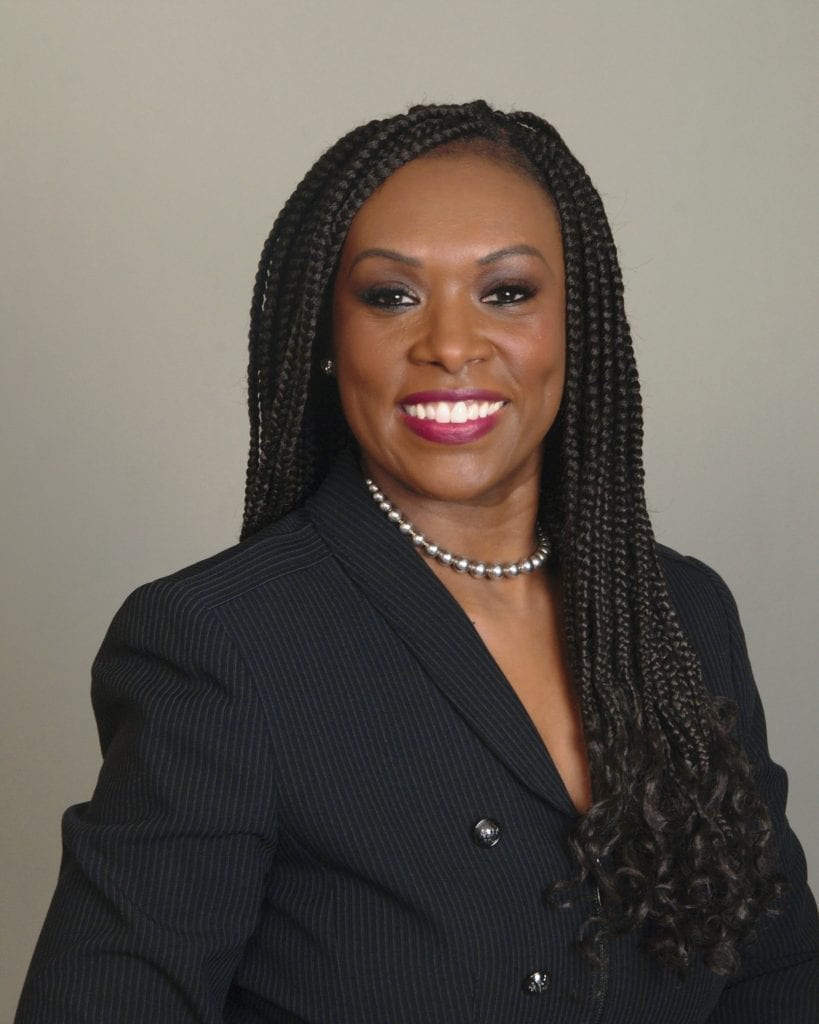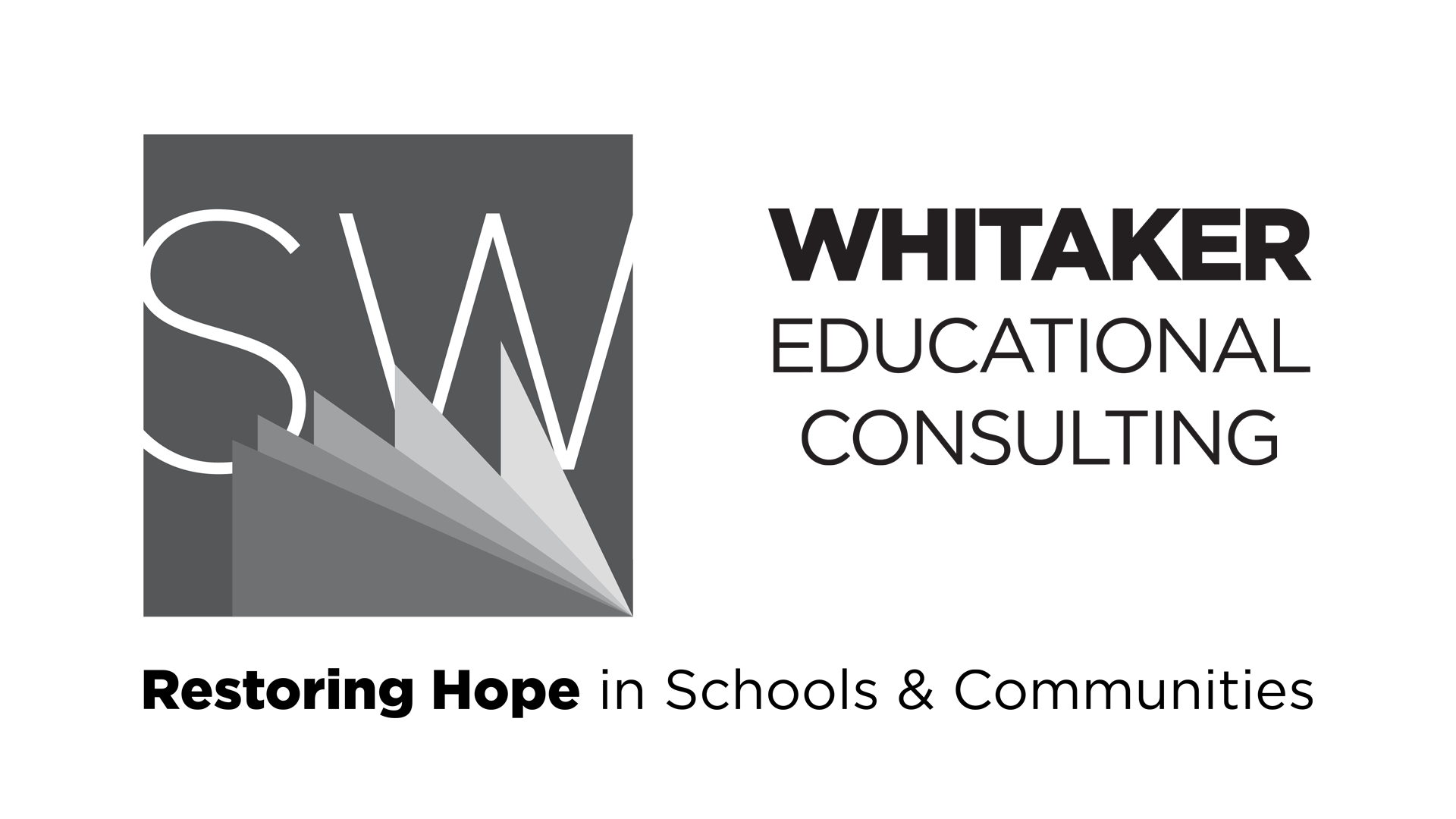Happy New Year! Our Laser-Like 2020 Equity Focus

I want to take this opportunity to share with you information about what is occupying the greatest majority of my thinking at the start of this new year. I’ll begin by referring to a quote by Gloria Larson Billings. Dr. Billings shares with us that the goal of equitable education is not to help students adapt to the culture of the school. Instead the goal should be to help students develop a positive self-imagine and to learn how to embrace differences in others.
Next, I want to share that in the December 31, 2019 edition of the Chicago Tribune, the State’s Attorney for Cook County Illinois stated the following, “I’ve seen it first hand, the areas that have the highest incidents of violence often have the highest unemployment rate, the lowest education attainment rate, and the highest concentration of people returning from our criminal justice systems.” Although I have always known and research supports the fact that this statement is true, it is something about reading that on this very first day of January (2020), that made this reality even more clearer to me.
So where am I going with this? In a recent Facebook post that I made I stated, “I am in my space (my element).†For clarity, I would like to state (with the state’s attorney’s comments in mind), that of the three areas she identified (unemployment, education attainment and people returning to their communities right after being a part of the criminal justice systems), the space that I am referring to is the space associated with educational attainment.
This morning in a moment of deep reflection, I asked myself “how do you feel about the role that you are playing in better ensuring that all students have equitable access to a quality education?†I also asked myself, “what do you see as opportunities for you to contribute more of your talent in this area for the benefit of others?†I recognize that my response to the aforementioned questions is indeed a part of my living legacy. My goal by the end of 2020 is to be able to share my responses to each question with you. I encourage you to ask yourself these questions before the new year gets too far away from you.
In the year of 2019, I gained more clarity than ever related to the significance of equity work in education. I believe it is important that as educators, we DO Equity. I am not at all making light of the amazing work that has been done in schools relevant to this topic, but what I do think has to happen in 2020, is associated with the fact that this work needs to be conceptualized in a manner that is embraced (at the local, state and national levels).
Which conceptual frameworks are rendering school district’s the most success as it relates to improving the academic achievement levels and social and emotional well-being of students of color and students experiencing the impact of poverty? We need rock solid examples of equity at work in our public schools so we can increase the likelihood that key strategies of success are replicated in schools nationwide.
I will close with several important questions which can serve to focus our efforts this year and they are: (1) What school boards have been identified (and by whom) as creating and implementing the most effective board polices and practices associated with equity? (2) What district and individual schools have been identified (and by whom) as implementing culturally responsive pedagogy at the institutional (district) or building (school) level; to the extent to which it has actually caused for statistically significant improvements in student learning? and (3) What classrooms (or classroom teachers) across our nation have been identified for doing an exceptional job of delivering the type of instruction associated with helping students make a connection between curricular content and their lives (also referred to as the implementation of culturally responsive pedagogy at the instructional level?)
Lastly, what town in your state (or in the great state of Illinois) can serve as a model for how to get community members and key officials together to discuss how to leverage their collective intelligences and resources for the purpose of (1) increasing the number of jobs that the parents of our students have access to? (2) identifying more culturally responsive practices to be implemented in the school setting in order to improve the learning achievement levels of the students that we serve and (3) developing a comprehensive plan of action for supporting adults as they attempt to make a positive transition into society?
Thank you for going on this growth journey with me. Please follow me on facebook at dr.sonyawhitaker, as well as on Twitter, Instagram and LinkedIn. You may also gain direct access to and download my podcasts by tuning in to Spotify, Apple Podcasts, SoundCloud and by visiting my website at SonyaWhitaker.com.
